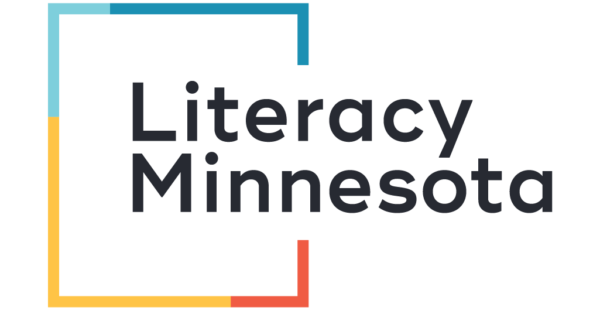Resources
Results
Characteristics of White Supremacy Culture
SAMHSA’s Concept of Trauma and Guidance for a Trauma-Informed Approach
I Didn’t Know It Had a Name: Secondary Stress and Educators
When Students Are Traumatized, Teachers Are Too
Understanding Refugee Trauma: For School Personnel
103 Things White People Can Do for Racial Justice
ESL Literacy Readers (Bow Valley Readers)
Blended Learning Guide
COVID-19 Rapid Response Report from the Field – ProLiteracy
Informing Writing: The Benefits of Formative Assessment
Work Readiness and Work-Contextualized Curriculum
Integrated English Literacy and Civics Education (IELCE) Report
WIOA Titles I and II Mythbuster: WIOA Youth Program and Adult Education Can Be Used Together to Serve Disconnected Youth
Integrated Education & Training (IET): Building Career Pathways for Participants at Every Skill Level
Ideas for Providing Distance STAR Instruction
Integrated Education & Training: Planning from A to Z
Emergent Readers
New Resources
Diversity, Equity, Inclusion, and Accessibility in Adult Foundational Education
Community Interpreter Credential
Certified Nursing Assistant Credential
Presenter Information
Get information about stipends, reimbursements, and other instructions for presenters.
MN ABE YouTube Channel
The MN ABE YouTube Channel is a free online PD resource that you can use to explore teaching techniques and classroom ideas in action! Find out more in this MN ABE Connect newsletter article.
Upcoming ABE Events
Comprehension Strategies for Intermediate-Level Readers
Registration Deadline: MON. 5/6/24 Research shows that explicitly teaching a set of comprehension strategies is a great way to help intermediate-level readers maximize their understanding of texts. Come learn a handful of great comprehension tools that will help students develop critical thinking skills and comprehension skills. Learn More
Burlington English Lunch and Learn: Best Practices in Core
Registration Deadline: TUE. 5/7/24 In this session, we will explore ideas and strategies to enhance your instruction when teaching with In-Class Lessons. We will go over fresh ideas on how to engage your students when completing different activities! NOTE: Attendees must have current login credentials… Learn More
Volunteer Core Training Module 1: Overview of Minnesota Adult Education and Program Accountability
Registration Deadline: WED. 5/8/24 Participants learn about Adult Basic Education programming in Minnesota, demographics of learners, instructional content standards as well as initial and on-going assessment. This session wraps up with learner motivations, barriers and persistence. Learn More

